The Outsider at the Feast
Why are we so drawn to the ones who don’t belong? In every story, in every pantheon, there seems to be a figure who stands just outside the circle, looking in with a smirk. They are the rule-breakers, the questioners, the agents of chaos. They make us uncomfortable, they make us laugh, and they force us to see the cracks in our own perfect worlds. In the frost-bitten world of Norse mythology, among stoic, honor-bound gods of war and wisdom, that figure is Loki. And his story is more than just a tale of mischief; it’s a profound and unsettling look into the nature of change, truth, and the chaos that lives inside all of us.
The Blood-Brother in the Hall
So, who exactly is this guy? The first thing you need to understand about Loki is that he isn’t really one of the gang. While he lives in Asgard, the realm of the gods, he isn’t an Æsir god by birth. He’s the son of giants, the sworn enemies of the gods. Yet, somehow, in his youth, he managed to swear a sacred oath with the big boss himself, Odin, becoming his blood-brother. This puts him in a uniquely powerful and precarious position. He is both an insider and an outsider, a guest at the feast who knows the host’s darkest secrets. He is the ultimate paradox: the god who isn’t a god, the friend who is also the enemy, the creative force who is also the agent of destruction. He is the grit in the oyster, the necessary friction that forces the polished, perfect world of the gods to create something new.
The Price of a Prank
In his early days, Loki’s mischief often had a strange way of working out. Take the story of Sif’s hair. Sif, the wife of Thor, was famous for her magnificent, flowing golden hair, which was said to represent the golden fields of wheat and the fertility of the land. One night, in a fit of pure, unadulterated mischief, Loki crept into her chambers and shaved her completely bald. When Thor, in his predictable rage, threatened to break every bone in Loki’s body, Loki had to think fast. He promised to get Sif new hair, even more beautiful than before. He traveled to the realm of the dwarves, the master craftsmen of the cosmos, and through a series of tricks and bets, he not only procured a wig of spun gold that would grow on Sif’s head, but also some of the gods’ most famous treasures: Odin’s spear Gungnir, the ship Skidbladnir that could be folded to fit in a pocket, and Thor’s legendary hammer, Mjölnir. Think about that. The symbol of divine order, Thor’s hammer, was born from an act of chaotic malice. Without Loki’s prank, the gods would be without their greatest weapons. He creates problems, yes, but in solving them, he often pushes the world forward.
The God of a Thousand Faces
One of Loki’s defining traits is his ability to shapeshift. He can become a salmon, a fly, a falcon, or an old woman. He even famously transformed into a beautiful mare to solve a problem of his own making. When a giant offered to build a wall around Asgard in exchange for the sun, the moon, and the beautiful goddess Freya, Loki convinced the gods to accept a seemingly impossible deal. But when the giant’s magical stallion, Svaðilfari, made the impossible look possible, panic set in. So, Loki took matters into his own hands—or hooves. He became a mare, lured the stallion away from his work, and disappeared into the forest for a while. The wall wasn’t finished on time, the gods were saved from their bad bargain, and Loki eventually returned… as the mother of an eight-legged horse named Sleipnir, who would become Odin’s personal steed. This isn’t just a superpower; it’s a metaphor for his entire being. He has no fixed form, no stable identity. He is fluid, adaptable, and refuses to be defined. How many of us do the same, shifting our own forms to navigate the different worlds of work, family, and our own private lives?
When the Laughter Dies
But there’s a darkness in Loki that can’t be ignored. His pranks begin to curdle, his wit turns to venom, and the laughter he once provoked dies in the throat. The turning point, the moment of no return, is the death of Baldr. Baldr the Beautiful, the son of Odin and Frigg, was the most beloved of all the gods. He was so pure and good that light shone from him. When his mother, Frigg, had a vision of his death, she traveled the nine realms and made every single thing—every plant, animal, stone, and poison—swear an oath never to harm him. The gods found this hilarious. They made a game of it, throwing weapons at Baldr and watching them bounce harmlessly off. But Loki, ever the questioner, ever the finder of loopholes, noticed that Frigg had overlooked one small, insignificant plant: the mistletoe. He fashioned a dart from it, found Baldr’s blind brother, Höðr, and guided his hand. The mistletoe pierced Baldr, and he fell down dead. The light of Asgard went out. This was no longer a prank. This was a murder born from jealousy and a deep, festering resentment of perfection.
The Binding of the Trickster
This act shattered the fragile trust the gods had placed in Loki. After he sabotaged their one chance to bring Baldr back from the underworld, he became a wanted fugitive. He was finally captured after a dramatic chase where he turned into a salmon. But his punishment was something out of a horror story. The gods took two of his own sons, turned one into a wolf to tear the other apart, and then used his slain son’s entrails to bind Loki to three massive rocks deep within a cave. As a final, horrific touch, they placed a giant serpent on the rock above him, where it would drip burning venom onto his face for all eternity. His loyal wife, Sigyn, stays by his side, catching the venom in a bowl. But every time the bowl is full and she must turn to empty it, the poison strikes his face. His screams of agony, his violent thrashing against his bonds, are the cause of earthquakes in the world of men. The laughter is gone. The game is over. All that is left is pain and the promise of a future reckoning.
The Mirror of Chaos
So, after all that, what are we to make of him? Is he just a monster? Or is he something more? Perhaps Loki’s true role is to be a mirror. He reflects the hypocrisy of the gods back at them. At one final, terrible feast before his capture, he goes around the hall and systematically exposes the secrets, shames, and vanities of every god and goddess present. He is the uncomfortable truth-teller, the one who says what no one else dares to. He represents the universal truth that systems, no matter how perfect they seem, eventually stagnate. They become too rigid, too proud. They need a disruptive force to shake them up, to break them down so they can be rebuilt. Loki is that force. He is the agent of Ragnarök, the twilight of the gods, the cataclysm that will destroy the world. But from that destruction, a new, green world is prophesied to rise. Change is often violent and painful, but it is also necessary for rebirth.
The Loki Within
And maybe that’s why he fascinates us. Because we all have a little bit of Loki in us. We have that impulse to question the rules, to challenge authority, to see what happens if we just push the button. He is the patron god of the outcast, the misunderstood, the artist, the revolutionary. He is the voice in our head that whispers, “What if?” He represents the parts of ourselves that refuse to be categorized, the wild, untamable energy that resists a world trying to force us into neat little boxes. He is the chaos that can lead to our downfall, but also the chaos that can lead to our greatest creations. He reminds us that sometimes, you have to burn the old world down to build a better one.
So, what do you think? Is Loki a villain, a necessary evil, or a misunderstood hero? What role does chaos play in your life, and do you try to suppress it, or do you find a way to harness its transformative power? Let me know what you think in the comments.
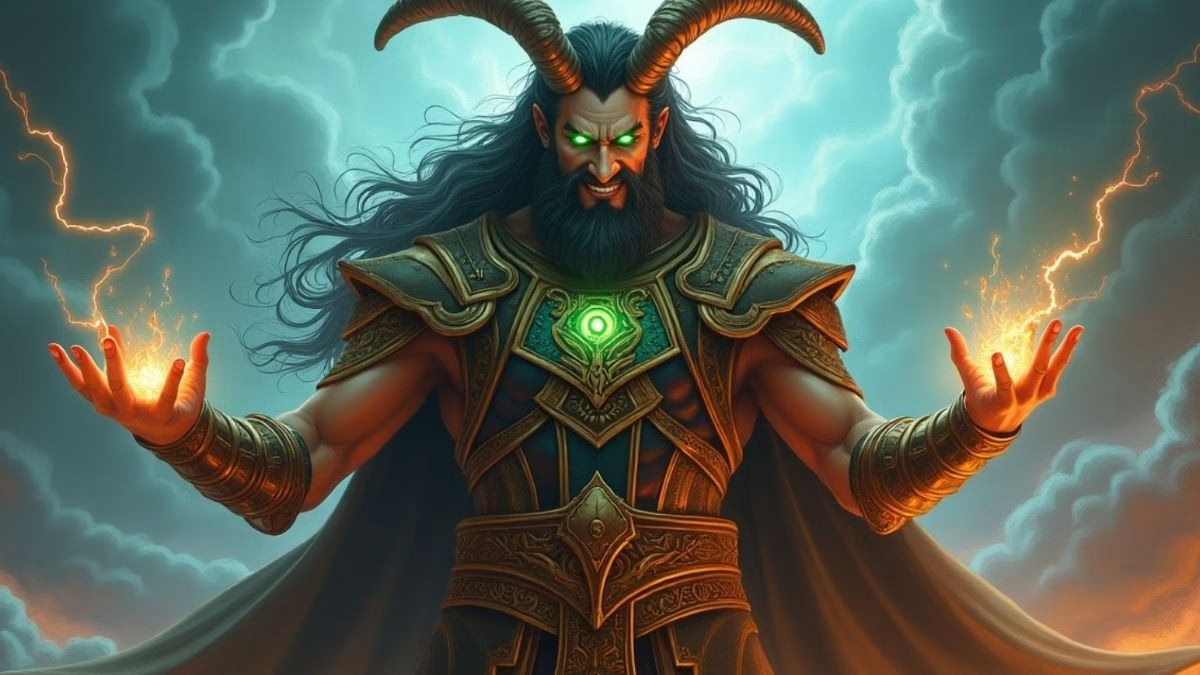

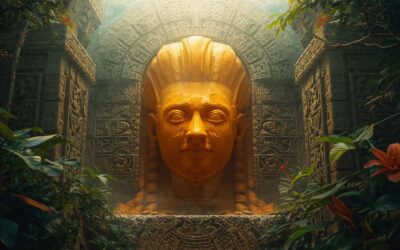
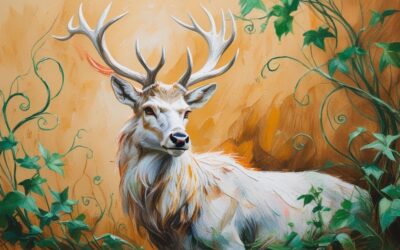
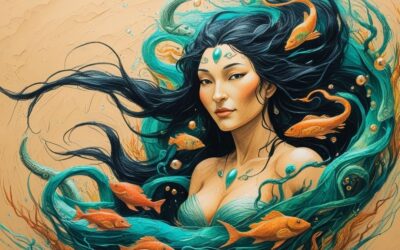

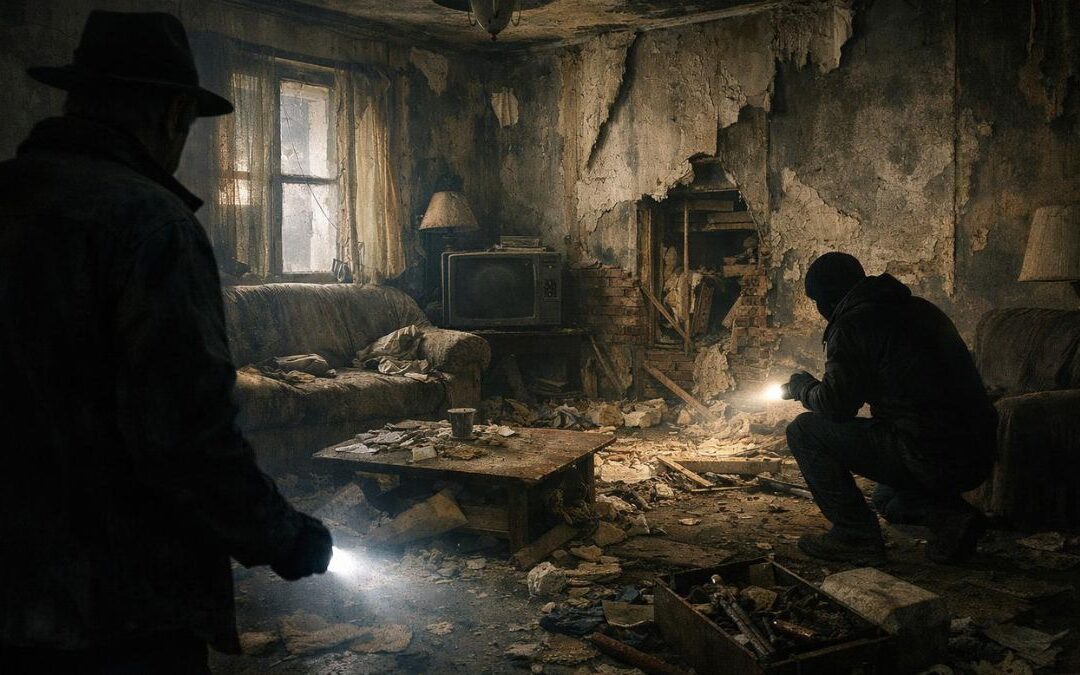



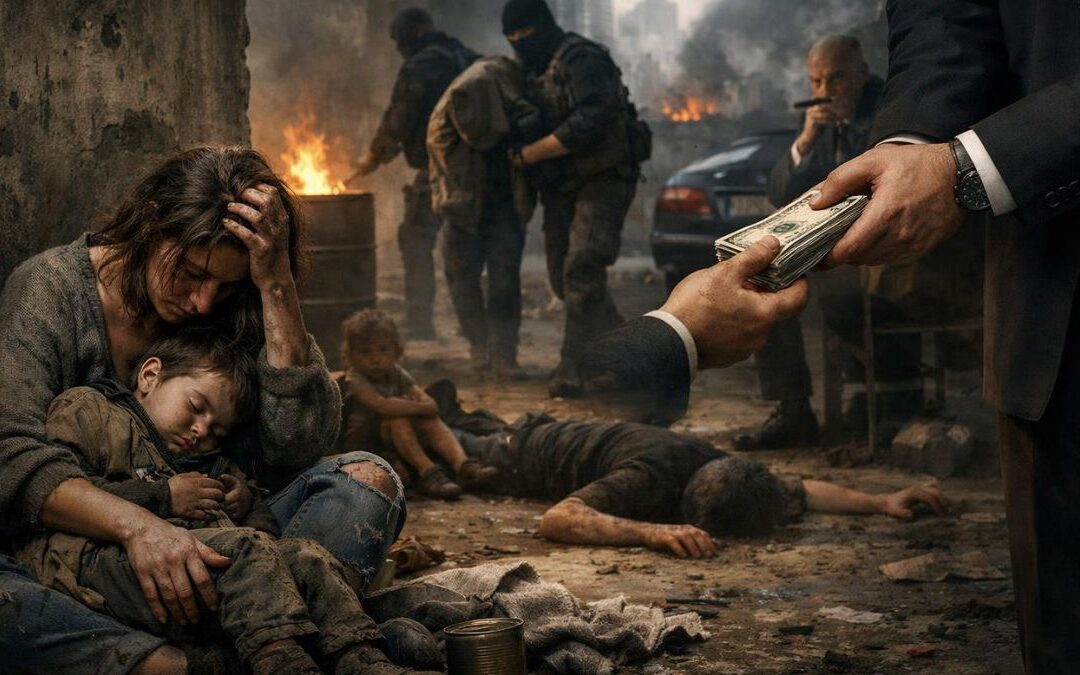
0 Comments